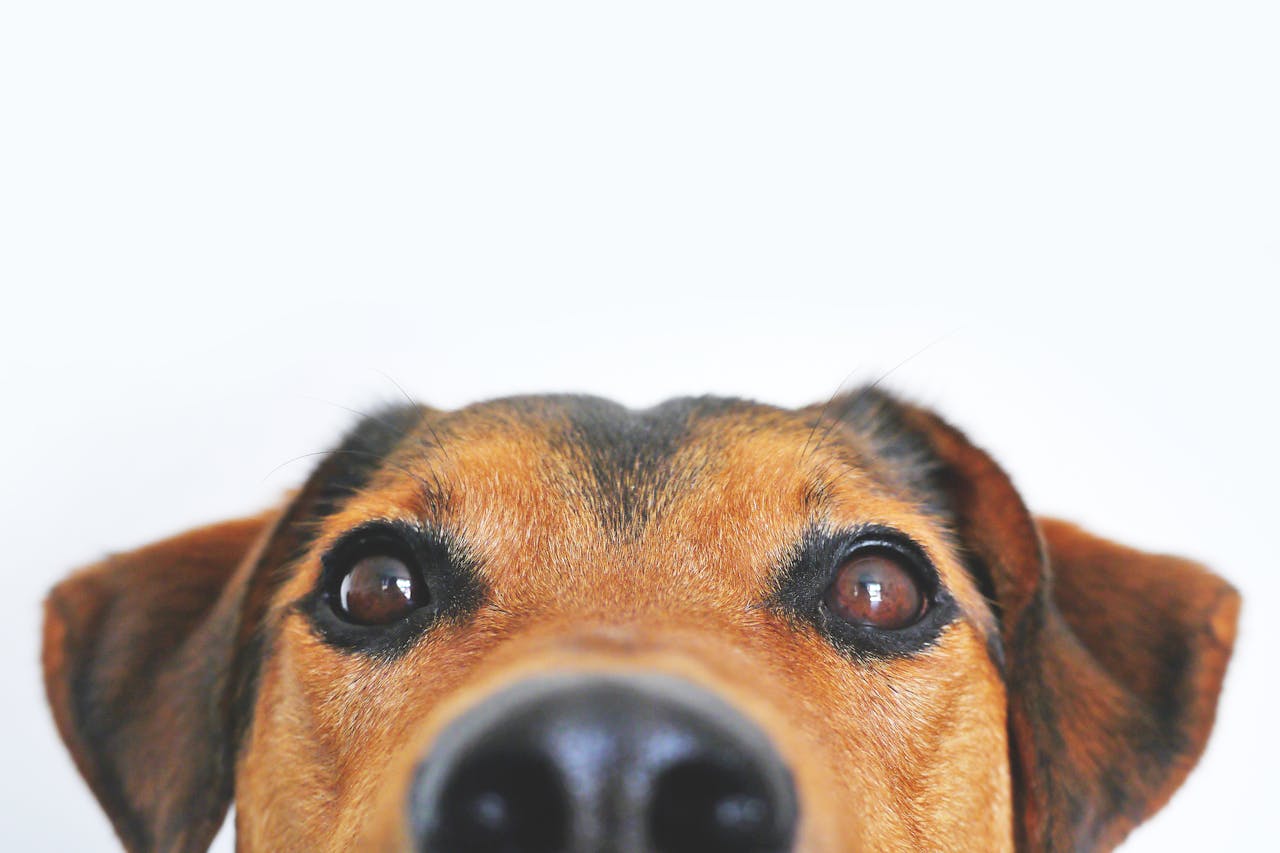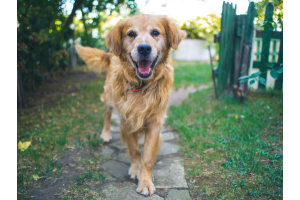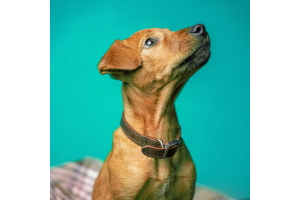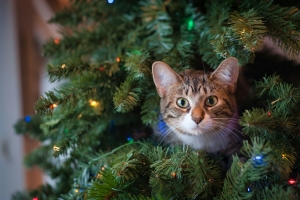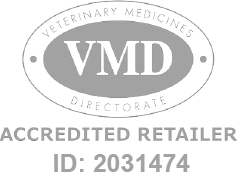Christmas Plants Poisonous to Dogs: A Guide for Pet Owners
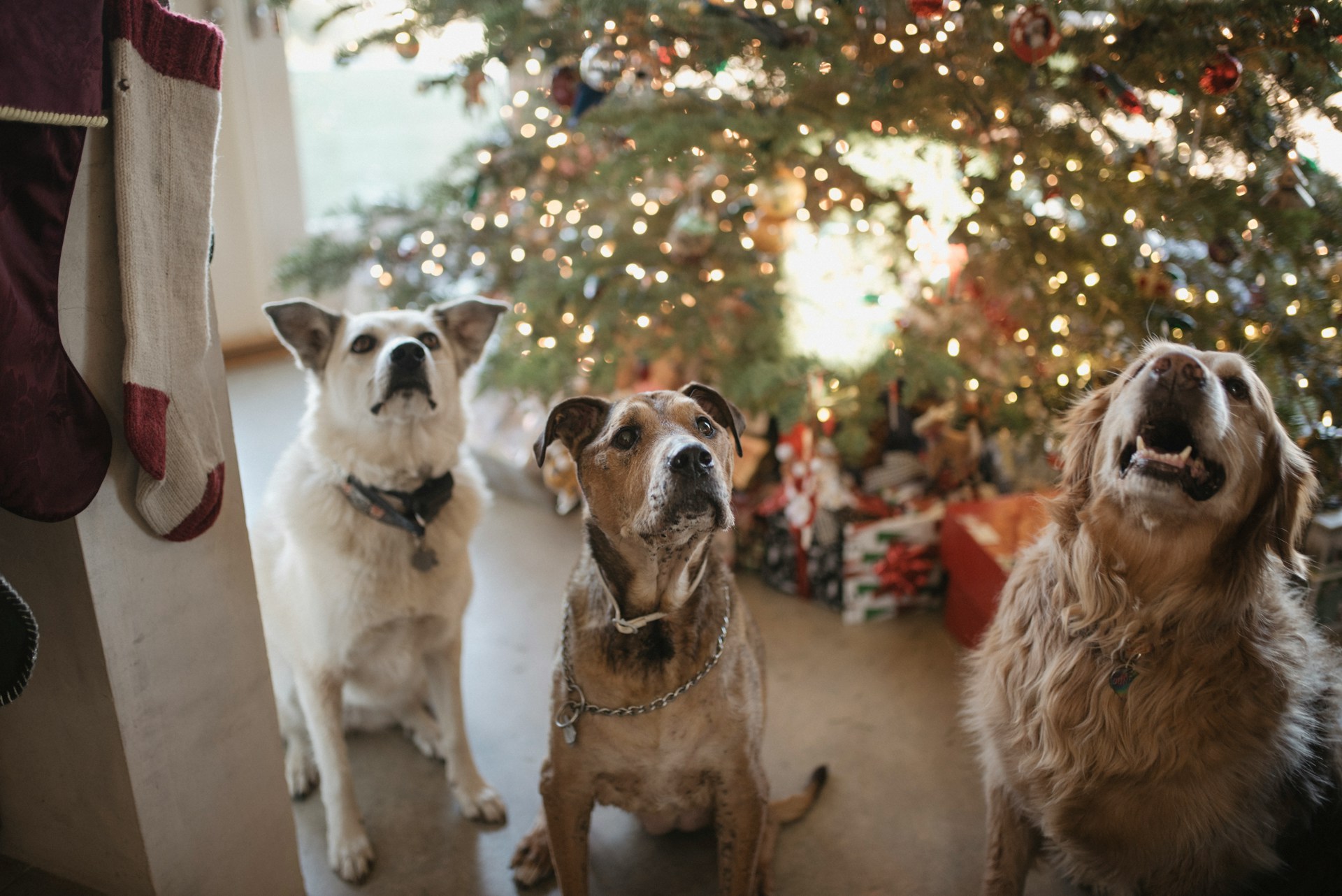
Christmas Plants Poisonous to Dogs: A Guide for Pet Owners
The festive season brings joy and decorations, but certain holiday plants can pose serious risks to your furry friends. Many traditional Christmas plants contain substances that are toxic to dogs, causing anything from mild discomfort to severe health issues. Here's a guide to help UK pet owners keep their dogs safe this Christmas.
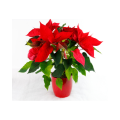
1. Poinsettias
Poinsettias are a popular choice for Christmas decor, but their sap can irritate a dog’s mouth and stomach. While not highly toxic, ingestion can cause drooling, vomiting, or diarrhoea. Keep these bright red plants out of reach to avoid unnecessary vet visits.
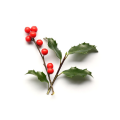
2. Mistletoe
European mistletoe (common in the UK) contains substances like viscotoxins that can cause drooling, vomiting, diarrhoea, and, in severe cases, difficulty breathing, a drop in heart rate, or seizures if consumed in large quantities. The berries are especially dangerous, so ensure mistletoe is hung securely and disposed of properly after use.

3. Holly
The spiny leaves and bright red berries of holly are festive but harmful to dogs. Ingestion can cause irritation, vomiting, and diarrhoea due to the presence of saponins and methylxanthines. Opt for artificial holly decorations if you have curious pets.
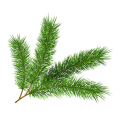
4. Christmas Trees
While the trees themselves (pine, spruce, or fir) are generally not toxic, their needles can irritate a dog’s mouth and stomach if eaten. Pine oil from the tree’s sap can also cause digestive upset. Secure your tree to prevent tipping and clean up fallen needles regularly.
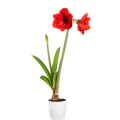
5. Amaryllis
A beautiful but toxic holiday plant, amaryllis contains substances that can cause vomiting, drooling, lethargy, and tremors in dogs. Keep these flowers away from areas your dog can access.

6. Ivy (Hedera helix)
Commonly used in Christmas wreaths and garlands, ivy leaves, and berries can cause dogs to drool, vomit, and experience abdominal pain. Ensure any decorative ivy is kept well out of reach.
Recognising Signs of Plant Poisoning in Dogs
If your dog has nibbled on a harmful holiday plant, stay vigilant for the following warning signs:
- Frequent vomiting or diarrhoea
- Excessive drooling
- Difficulty breathing or panting
- Unusual lethargy, shaking, or tremors
- Loss of appetite or refusal to eat
Prompt action is crucial. If you suspect poisoning, immediately contact your vet or a pet poison helpline for professional guidance. Early intervention can make all the difference.
Pet-Friendly Holiday Decor Alternatives
Create a festive home that’s both safe and beautiful with these pet-friendly substitutes:
- Artificial holly and mistletoe for a realistic, hazard-free look
- Non-toxic blooms like roses, orchids, or sunflowers
- Durable and stylish decorations crafted from wood, fabric, or paper
These alternatives are perfect for maintaining holiday cheer without compromising your pet's well-being.
Tailored Solutions for Pet Safety
For a worry-free festive season, consider:
- YuMOVE Digestive Care: Alleviates mild digestive issues if your dog eats hard-to-digest holiday treats.
- Adaptil Calming: Reduces stress caused by the excitement or disruption of festive celebrations.
- Digestive Enzymes: Supports gut health if your dog accidentally consumes harmful plant material.
Keep these essentials on hand to ensure your dog stays safe and happy this Christmas. For more information contact a member of our team on 01829 734 980 and Merry Christmas from everyone at 365VET.


